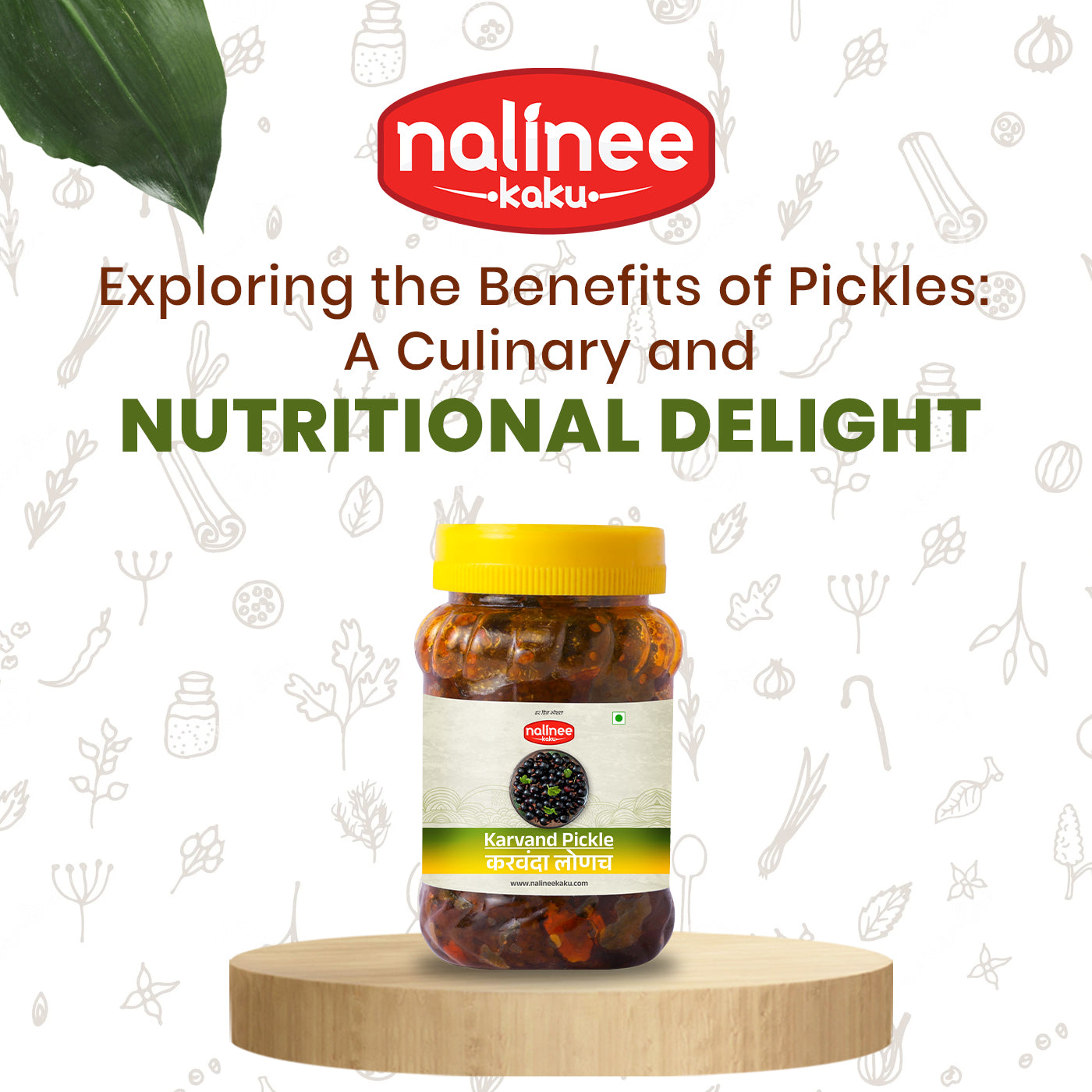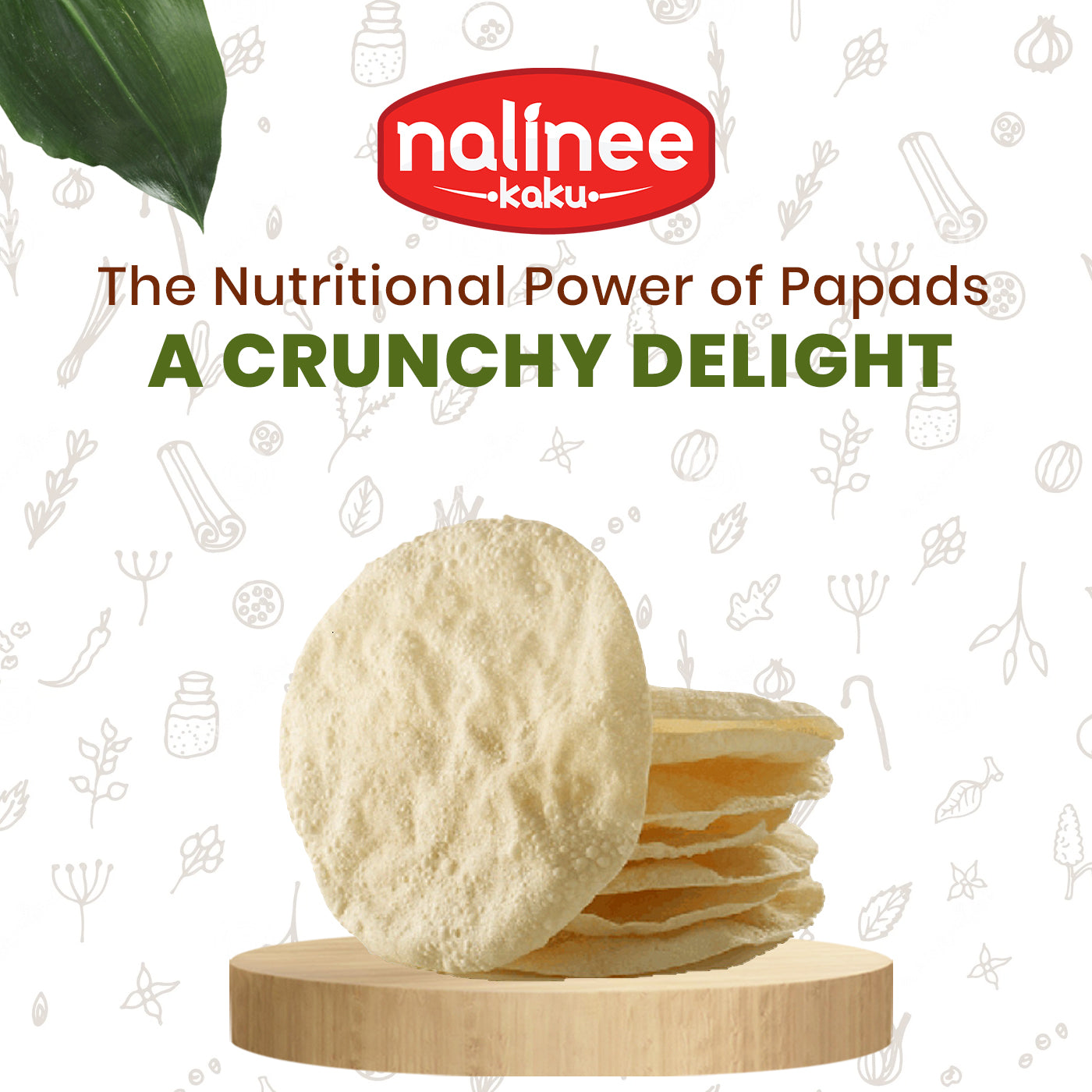Exploring the Benefits of Pickles: A Culinary and Nutritional Delight
Introduction
Pickles are more than just a tangy condiment; they offer a range of culinary and nutritional benefits. From enhancing the flavor of dishes to providing health-promoting properties, pickles are a versatile addition to any diet. This blog explores the benefits of pickles, their various types, and how they can be incorporated into your meals.
Types of Pickles
a. Types and Varieties
Pickles come in various forms, including vegetable pickles, fruit pickles, and fermented pickles. Each type offers unique flavors and health benefits. For example, cucumber pickles are a popular choice, while fermented pickles like kimchi provide additional probiotics.
b. Regional Variations
Different cultures have their own pickle varieties, reflecting regional flavors and preferences. Indian pickles, such as mango pickle and lime pickle, offer a spicy and tangy taste, while European pickles often include dill and vinegar.
Health Benefits of Pickles
a. Probiotics
Fermented pickles, such as sauerkraut and kimchi, are rich in probiotics, beneficial bacteria that support gut health. Probiotics help improve digestion, enhance immune function, and promote a healthy gut microbiome.
b. Nutritional Value
Pickles can be a good source of vitamins and minerals, depending on the ingredients used. For example, pickles made with cucumbers provide vitamins A and K, while those made with vegetables can offer additional nutrients.
c. Digestive Health
Pickles can aid digestion due to their acidic nature. The acidity helps stimulate digestive enzymes and improve the absorption of nutrients. Additionally, the probiotics in fermented pickles support digestive health and regularity.
Using Pickles in Your Cooking
a. Enhancing Flavor
Pickles can be used to enhance the flavor of various dishes. They add a tangy, savory, or spicy element to sandwiches,
salads, and even main courses. Experiment with different pickle types to find the perfect match for your recipes.
b. Incorporating into Recipes
Pickles can be incorporated into recipes in various ways. Use them as a topping for burgers, mix them into salads, or add them to sauces and dressings for an extra kick.
c. Making Your Own Pickles
Making your own pickles allows you to control the ingredients and customize the flavors to your liking. Experiment with different vegetables, spices, and fermentation methods to create your own unique pickle blends.
Comparing Pickles to Other Condiments
a. Nutritional Differences
Pickles offer unique nutritional benefits compared to other condiments. Fermented pickles provide probiotics, which are not typically found in non-fermented condiments. Additionally, pickles made with fresh ingredients retain more nutrients than processed condiments.
b. Flavor Impact
Pickles offer a distinctive flavor that can enhance dishes in ways that other condiments may not. Their tangy and spicy notes add complexity and depth to meals.
c. Health Benefits
While other condiments may offer flavor, pickles provide additional health benefits due to their probiotic content and nutritional value. They support digestive health and contribute to overall well-being.
Conclusion
Pickles are a versatile and nutritious addition to your diet, offering a range of culinary and health benefits. By incorporating pickles into your meals, you can enjoy their unique flavors and support your digestive health.


